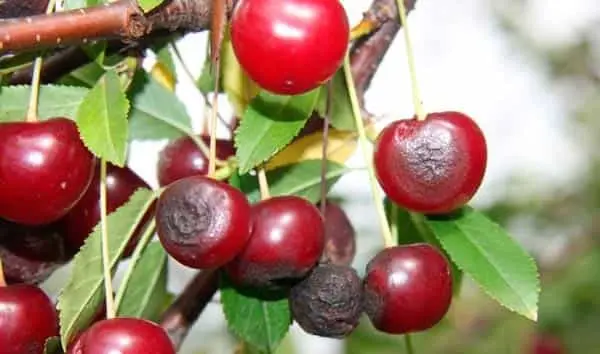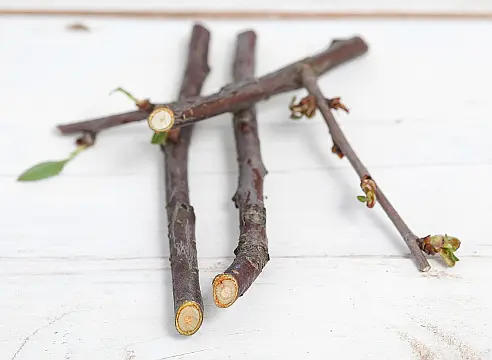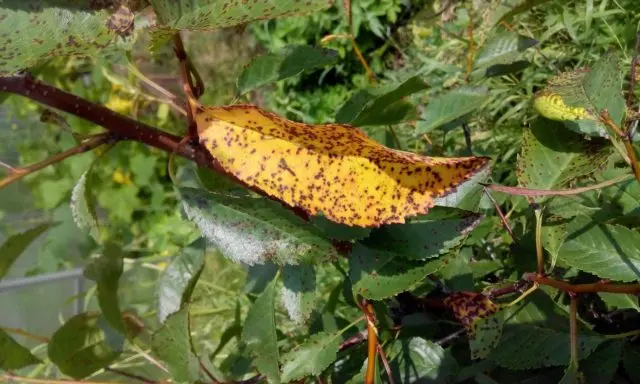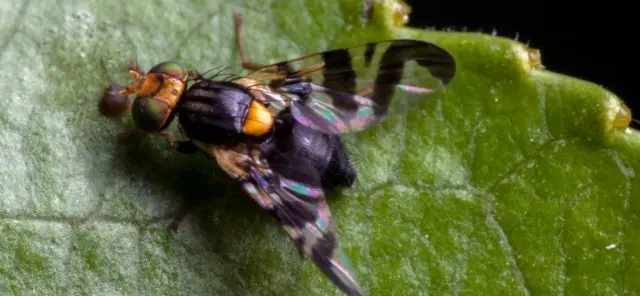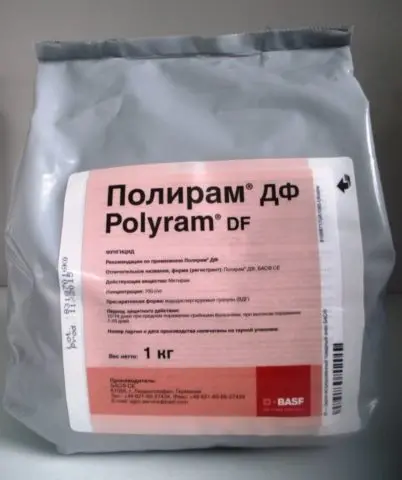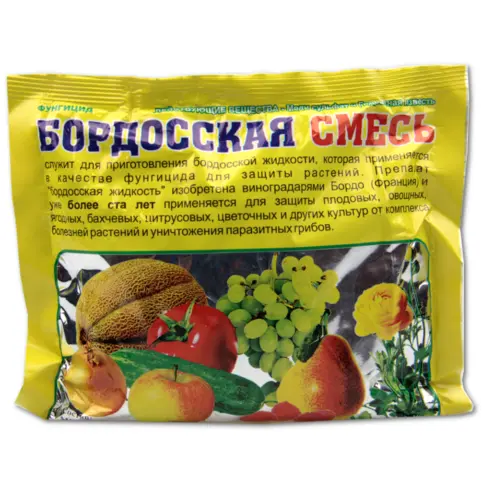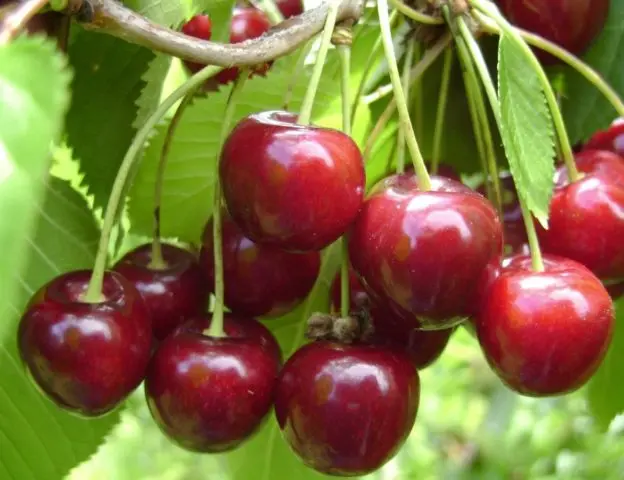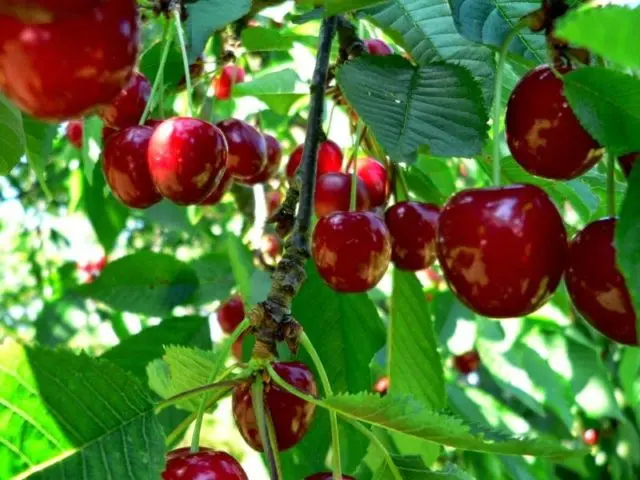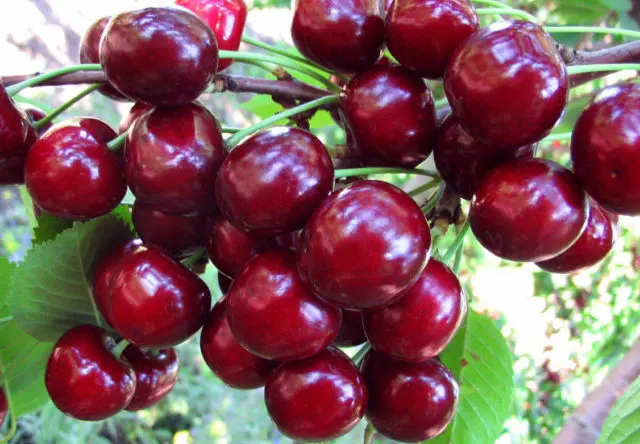Contents
Cherry is grown by many, as its fruits are very useful for the human body. At the same time, the culture is undemanding to care and begins to bear fruit already in the third year after planting. The fact that berries dry on cherries can often be heard from beginner gardeners. In this case, it is not necessary to count on a generous harvest. It is impossible to answer unequivocally why this is not happening, because various factors can provoke this process.
List of reasons why cherries dry fruits
There are a number of reasons why berries dry on cherries. Therefore, in order to understand what provoked this process in this particular case, it is necessary to consider each problem separately. Without this, it will be impossible to restore the productivity of the tree.
Diseases and pests
Often the reason that the fruits on the tree dry out is pests or diseases. The reason for this is an inattentive attitude to culture, which leads to a weakening of the immune system. After all, as you know, weakened plants are first affected.
- Anthracnose. This disease is the main reason that cherries dry after ripening. Initially, dull dots appear on the fruits, which gradually increase in size and become bulges of a pink hue. Subsequently, due to low humidity, the berries turn black, dry out and fall off.

Mass defeat by anthracnose leads to yield loss up to 80%
- Moniliosis. This is a dangerous disease that appeared relatively recently in the 90s of the last century. It affects not only leaves, shoots and fruits, but can also lead to the death of the entire tree. Painful areas resemble a burn. Then the bark becomes covered with chaotic gray growths, which then rot. The fruits are also covered with dark spots, which subsequently increase in size. They then form sporulation pads.

The main sign of moniliosis is dark rings on a cut of a cherry shoot.
- Coccomycosis. This disease initially affects the leaves of the plant, which is manifested by red-brown spots, the diameter of which reaches 2 mm. In the future, their number only increases, and they grow together into a single whole. The affected areas on the underside of the foliage look like pink or gray-white pads. It is in them that the spores of the fungus are located and ripen. Subsequently, with a mass defeat, the disease passes to the fruits, as a result of which the cherry berries begin to dry right on the tree.

Coccomycosis causes premature leaf fall, drying of shoots and fruits
- Cherry fly. The danger of this pest is that it can go unnoticed for a long time. It looks like a small fly, the length of which does not exceed 5,5 mm. The body is black, shiny. The head and paws are yellow, the eyes are green, and the shield is orange. Initially, the female pierces the fetus to leave the egg-laying in it. Subsequently, larvae appear that feed on the pulp of the ripe fruit. As a result, the berries on the cherry turn black and dry.

The main harm to cherry fruits is caused by white larvae of this pest.
Nutrient deficiency
One of the reasons that the berries dry up on the cherry may be the lack of necessary components in the soil. During the period of active vegetation, the tree needs nitrogen, but during flowering, the formation of the ovary, and the ripening of fruits, its needs change completely. He needs phosphorus and potassium. In their absence, the cherry begins to get rid of excess fruits that it is not able to provide with good nutrition.
Increased soil acidity
Increased acidity of the soil can also provoke a lack of nutrition. If the indicator is above 4 ph, then you need to be prepared for the fact that the berries of the cherry will begin to dry and turn black, without having time to ripen. This is due to the fact that under such conditions, the culture is unable to fully absorb nutrients from the soil, which causes their deficiency.
Density of the crown
The drying of the ovary can provoke a lack of light, which is caused by the lack of timely pruning. As a result, the crown of the tree thickens, which leads to premature drying of the fruit.
Lack of pollination
Often, green cherries dry up on the tree as a result of incomplete pollination. Initially, the fetus begins to grow, but since there is no seed in it, it stops developing and becomes mummified.
Main types of culture:
- self-infertile – pollination of pollen does not exceed 4% of the total;
- partially pollinated – a full-fledged ovary is formed within 20%;
- self-fertile – berries are formed about 40%.
When buying cherry seedlings, it is recommended to immediately check with the seller what type it belongs to.
Damage to skeletal branches
The fruits on the cherry can dry out if the skeletal branches of the tree are damaged. As a result, metabolic processes do not occur in full. You can determine this by cutting off such a branch. When damaged, the wood inside is not white, as usual, but brown, which indicates partial tissue necrosis.
Weather
In some cases, the reason that young cherries dry on a tree and then fall off is unfavorable weather conditions during flowering. Pollen retains its ability to form an ovary for three days. And if at this time there is constant precipitation or the air temperature drops significantly, then these factors do not contribute to the flight of pollinating insects.
Violation of the rules of agricultural technology
Non-compliance with the basic requirements of the culture can also provoke the drying out of fruits. Planting cherries near other trees results in insufficient lighting. As a result, productivity suffers, and the berries begin to mummify and fall off, never reaching technical maturity.
The lack of moisture during and after flowering also negatively affects the development of fruits. This leads to the fact that the biological processes in the tree slow down and the berries do not receive nutrition in the required amount. As a result, they stop developing and subsequently dry out.
Close proximity to groundwater
Not only a lack of moisture can adversely affect the development of fruits, but also a surplus. Planting cherries in a plot with a close occurrence of groundwater leads not only to a decrease in yield, but also to the death of the entire tree. This occurs as a result of erosion of the root system of the plant.
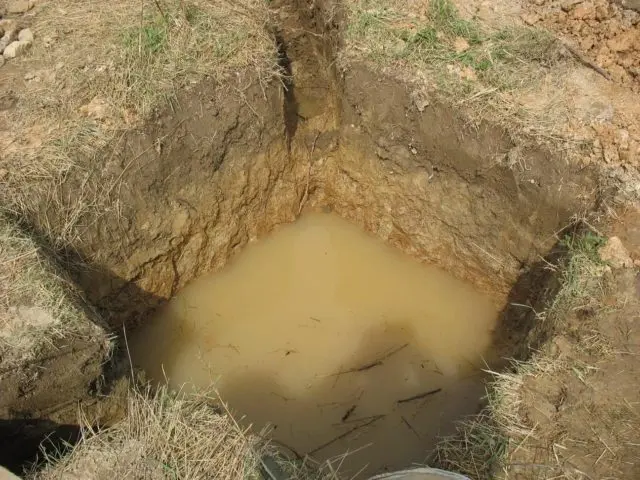
It is unacceptable to constantly stay the roots of the tree in the water
What to do if cherries dry on a tree
After it was possible to find out the reason why the cherries dry on the branches, urgent measures must be taken to eliminate the provoking factor. You have to act according to the situation.
Processing cherries if the berries dry due to illness
If the cherries dry up due to a disease, then fungicide treatment should be carried out. It is also important to remove and burn damaged leaves and shoots whenever possible to prevent further spread.
- Anthracnose. The affected tree must be treated twice with Polyram – before flowering and after it. Spray a third time after two weeks. These measures will be enough to destroy the fungus.

- Moniliosis. Before processing the crown, it is necessary to clean it from the affected branches. First of all, cut off all diseased shoots below 10 cm from the infected area. After that, cover the open wounds with garden pitch. The bark of the tree should also be cleaned to a healthy tissue, and after that, the cherry should be sprayed with the Nitrafen complex preparation.

- Coccomycosis. To destroy the fungus, it is necessary to collect and burn fallen leaves and damaged shoots in the fall. Treat the crown twice with Bordeaux mixture in early spring and after pruning before winter.

How to process cherries if the fruits dry due to pests
If pests are the reason for the fact that the cherries dry out, then it is necessary to use special means to destroy them. Chemical treatment can be carried out during the growing season, after flowering and harvesting.
For processing, you can use the insecticide “Iskra” or “Bi-58”.
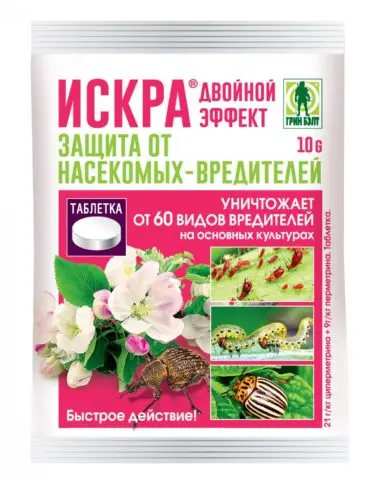
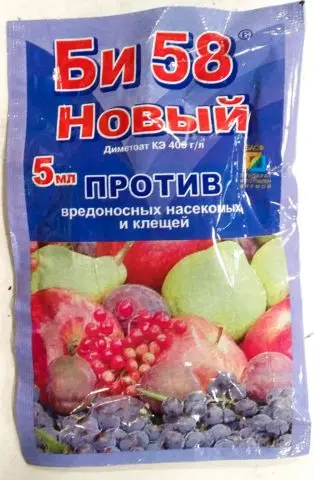
In other periods, a folk remedy based on tomato tops should be used. To do this, it must be insisted in water for two days in a ratio of 1: 3, and then spray the crown with the resulting solution.
How to save cherries if the fruits shrivel and dry
If the cause of the drying of the fruit was the mistakes made in the care, then measures should also be taken to eliminate them.
To lower the level of acidity, it is necessary to make liming of the soil. It must be carried out until the formation of the ovary. To prepare a special solution, dilute 3 kg of lime in 10 liters of water. This volume is enough to process 1 sq. m.
In order for the ovary to develop well, it is necessary to provide the cherry with good nutrition. Every spring, during the period of building up the leaves, the tree must be fertilized with humus. Make a small ditch along the diameter of the crown, where to feed at the rate of 10 kg per adult plant. Then level the soil. Also, top dressing should be carried out during flowering, ovary formation and fruit ripening. During this period, it is necessary to use superphosphate (50 g) and potassium sulfate (30 g) per 10 liters of water. Fertilizers should be applied by watering under the root.
Annually in the fall and spring it is necessary to carry out sanitary pruning of the crown. It consists in removing dry, damaged and thickening branches.
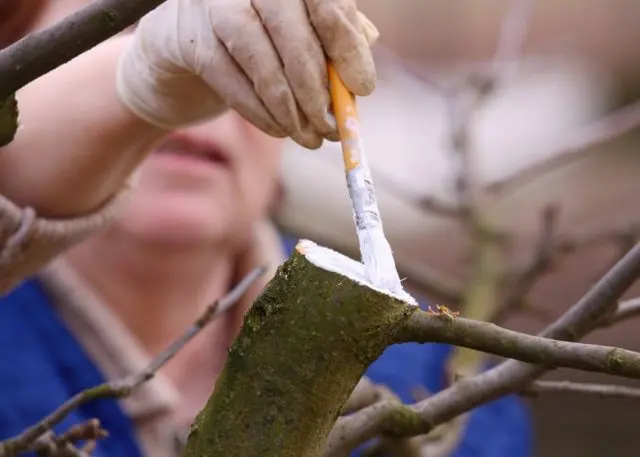
All open wounds should then be treated with garden pitch to prevent infection.
In the dry season, watering should be carried out at the rate of 20 liters per tree.
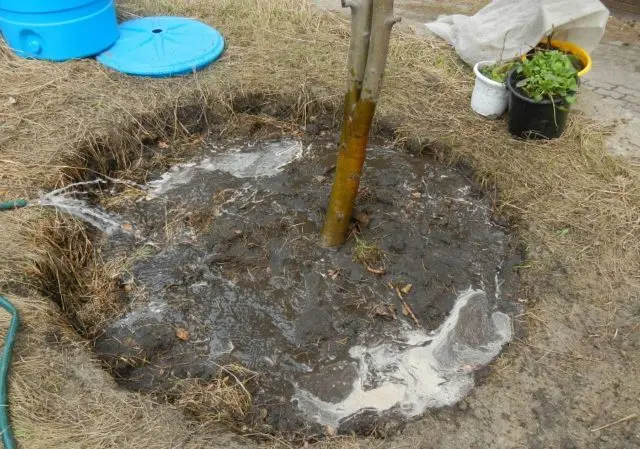
The procedure is carried out at intervals of three weeks to exclude the possibility of root rot.
How to fix the situation if there are not enough pollinators
Many varieties of cherries are self-fertile, therefore, for full fruiting, they need cherries close at a distance of 2-2,5 m, but only of a different type.
The best pollinators are the following varieties:
- Lyubskaya;

- Shubinka;

- Zhukovskaya.

How to protect cherries from fruit drying
It is much easier to prevent the drying of cherries than to fix this problem later. After all, it is not always possible to find the root cause of this phenomenon. Often the berries shrivel and fall off as a result of a whole complex of provoking factors.
Basic preventive measures:
- timely pruning and thinning the crown;
- collect and burn the affected branches, berries and leaves;
- dig the soil at the base in autumn;
- in early spring, whitewash the trunk;
- regularly do top dressing;
- water cherries during a drought;
- Timely preventive treatments against pests and diseases.
Conclusion
If the berries dry on the cherry for the first 2-3 years after planting, then this is a natural process. After all, a young seedling simply does not have enough strength for their good nutrition. In this case, there is no cause for concern. But if the ovary shrivels and berries fall off in mature trees, and this happens every year, then urgent measures must be taken to eliminate the problem.










